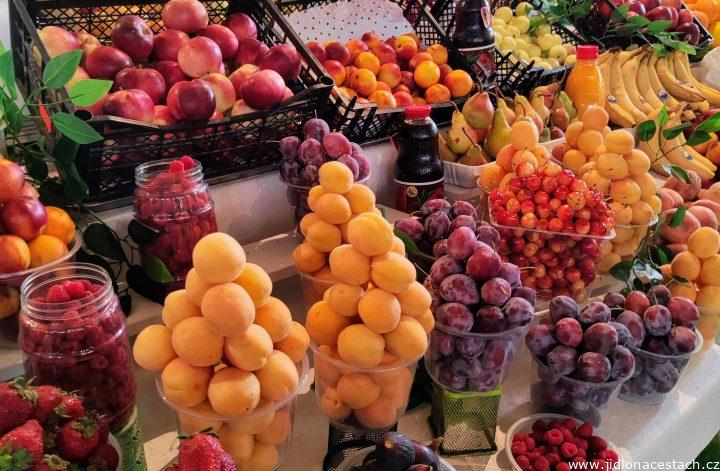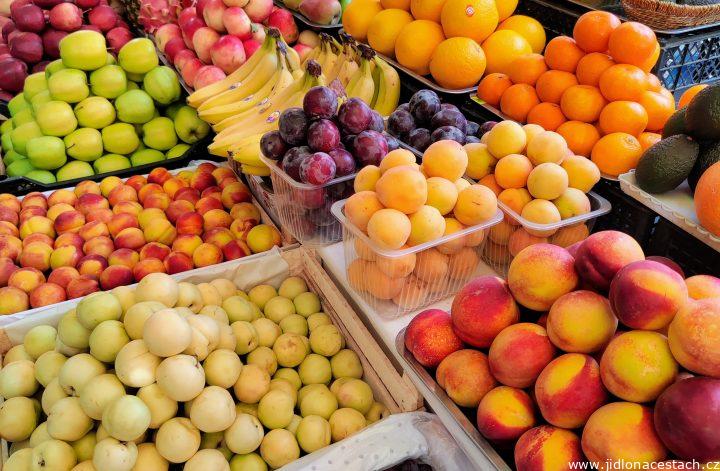Kumys (кумыс) is a fermented milk drink made from mare’s milk, with a history dating back to the nomadic tribes of Central Asia. This traditional drink is especially widespread in Kyrgyzstan, Kazakhstan, Mongolia, and parts of Russia, and is also known as kumiss, koumiss, or kumis.
Kyrgyz Kumys

The History of Kumys
The production of kumys has deep roots in Kyrgyzstan. Archaeological findings show that this drink was made over 5,500 years ago using leather bags (though today, wooden containers are more commonly used). Nomadic tribes considered kumys not only a nutritious source of energy but also attributed it with medicinal properties.

How Kumys Is Made
The process of making kumys is quite demanding. Mare’s milk is obtained by milking, which is a specific task due to the low milk production of mares (when I asked the Kyrgyz how much milk one mare gives, the most common answer was 0.5 to 1 liter per milking).
During milking, a foal must be brought to suckle at the udder, otherwise, the mare will not allow herself to be milked. The milk is then mixed with a “starter” containing lactic bacteria and yeast. Fermentation follows, which lasts several hours to days depending on the desired strength of the drink. The kumys is stirred continuously.

Due to fermentation, kumys acquires its characteristic sour and slightly alcoholic taste. The taste is also strongly influenced by the herbs used to disinfect the container (before the container is used, a small fire made from herbs is lit under it).
The alcohol content ranges from about 1% in weaker versions to 4% in stronger varieties. Kumys can thus be as strong as beer; perhaps one reason why it is so popular among Kyrgyz herders is that the monotonous work with kumys goes by faster.

In Kyrgyzstan, “jamal kumys” is also popular, which is a young kumys with a lower alcohol content.
Healing Properties of Kumys
Locals believe in the beneficial effects of kumys on health. Modern studies confirm its positive impact on digestion, immunity, and overall vitality. In the past, kumys was even served in sanatoriums as a remedy for various ailments.

Although kumys is no longer produced on such a large scale as before, it remains highly popular and culturally significant in Kyrgyzstan and neighboring countries. It continues to be an inseparable part of local traditions and national identity. Drinking kumys still accompanies social events and serves as a gesture of respect for guests.

What Does Kumys Taste Like
Kumys was one of the drinks I really wanted to try in Kyrgyzstan. I got my chance several times; near the yurts where I stayed in the mountains, there was always someone preparing kumys for themselves.
Its taste is truly peculiar unique. It doesn’t resemble any fermented milk drink I’ve ever tried (whether it was Armenian tan, Turkish ayran, or even Kyrgyz chalap).
The taste is significantly influenced by the smoke from the herbs used in Kyrgyzstan for disinfecting the container. After all, even the black specks that kumys often contains are not dirt (as I mistakenly thought at first); they are soot that has settled on the cream.
The best comparison of the taste of kumys for me, unfortunately, is fermented milk with the flavor of cigarette smoke.
I tried kumys many times and discussed its taste (politely and cautiously) with local Kyrgyz many times. But kumys, unfortunately, has to go on my list of foods I don’t like.
Have you had a chance to try kumys? Do you like it?
🇰🇬 Discover the magic of Kyrgyz cuisine with my newsletter! Subscribe and get a free comprehensive guide that will reveal all the secrets of Kyrgyz dishes and drinks.


